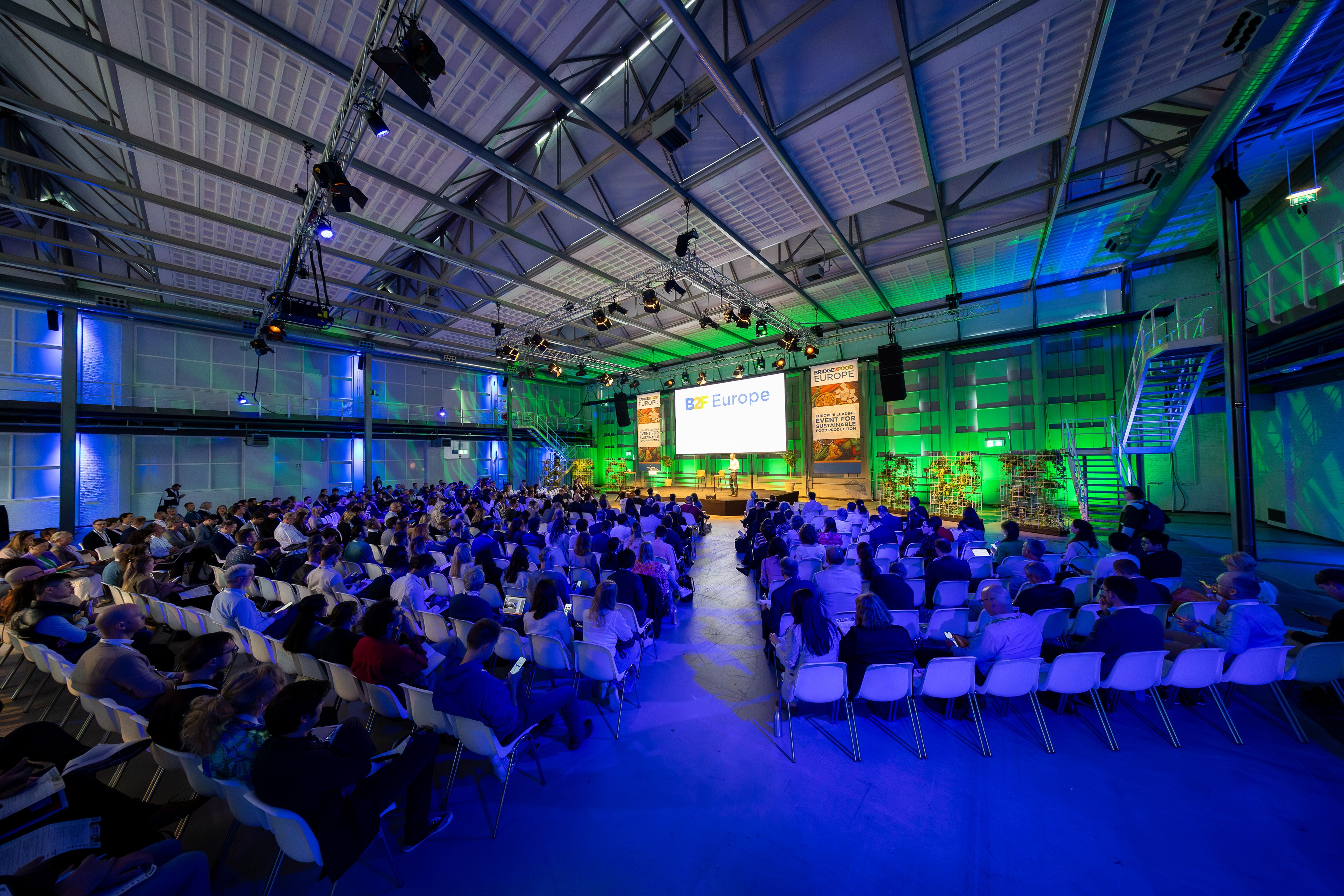Track III: Optimizing Protein Production
- Canadian Pulse Farmers: Regenerative Agriculture in Practice - Denis Trémorin, Pulse Canada
Regenerative agriculture may be a ‘new’ term in the food industry, but the principles of regenerative agriculture have been a round for a long time. Having experienced what amounted to an environmental disaster in the 1930’s (the Dust Bowl), Western Canadian farms in the provinces of Alberta, Saskatchewan and Manitoba have a long history of restoring and regenerating their soil and their lands. Reducing tillage and summer fallow practices, and diversifying crop rotations have been in practice now for generations, and the result has been farms that are much more resilient and sustainable from both an environmental and economic standpoint. A spirit of embracing technology, local ingenuity, and competitiveness has led farmers on this journey, and will lead them into the future as new practices like intercropping and precision management continue to be explored, refined for the local context, and adopted.
- Legume Concentrates: Techno-Functionalities and Impact of Processing - Dr. Sofie de Man, ILVO
In this presentation, results are shown from a comparative analysis of four legume protein concentrates—pea, lentil, bean, and lupine. These concentrates were produced under identical conditions at pilot scale, using alkaline extraction followed by isoelectric precipitation. A commercial soy protein concentrate served as a reference. Key functional properties such as solubility, water and oil holding capacity, emulsifying ability, and foaming capacity were evaluated, as these are crucial indicators for potential application in meat and dairy alternatives.
Measurements were carried out at both the native pH of the extracts and at neutral pH to assess the impact of pH on protein functionality. Additionally, for lupine protein, the influence of processing conditions was further examined by comparing freeze-drying and spray-drying methods. The findings contribute to a better understanding of how legume proteins can be optimized for use in innovative plant-based food products.
- Legume Biorefineries – New Processing Options for Diversification of Functional ingredients - Dr. Joshua Mayers, RISE
Sustainable legume based biorefineries have arrived. Representing important biobased industries, generating bulk and speciality food and feed ingredients. Protein isolate production via the pH-shift process is central in these biorefineries, also generating side-products or side-streams that can be utilised in a range of product applications. The breadth of the protein ingredients these facilities produce can be increased via targeted process changes modulating their functional properties and nutritional quality. Cases will be presented highlighting showcasing how protein ingredients for use in varying applications can be obtained. Side-stream upgrading opportunities will also be presented, particularly new functional ingredients from hull fractions, and starch-based substrates for fermentation.






